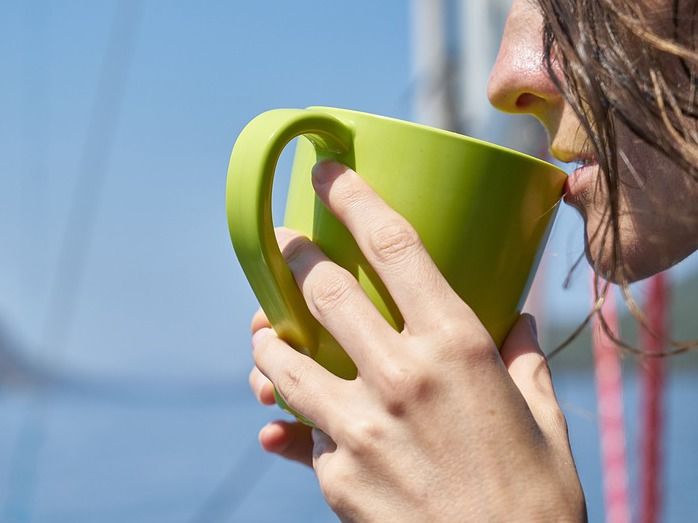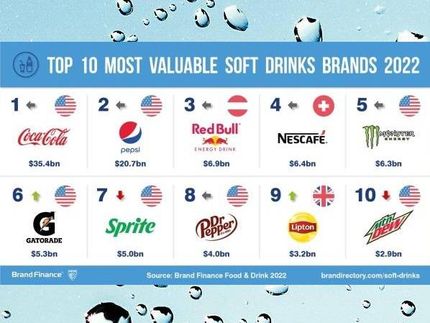A cup of coffee or tea a day promotes sportiness
Too tired or too listless for sports activities? Scientists at the University of Queensland have found that tea or coffee can help get you going. Women who drink only one cup a day are often more active than those who do not.

Engin_Akyurt/ Pixabay
A study by the School of Human Movement and Nutrition Sciences at the University of Queensland found that women who drink one or two cups of tea or coffee a day are more likely to do the recommended level of moderate to intense exercise than those who consume these drinks less often.
Dr Tina Skinner says caffeine consumption through coffee and tea can promote middle-aged women's sporting activities by reducing fatigue and lack of energy.
"Sporting activity is important for healthy ageing. Tiredness and lack of energy often prevent middle-aged to old women from achieving the necessary workload," says Dr Skinner.
"The consumption of the natural and abundant alkaloid caffeine in coffee and tea has already been associated with various health benefits, such as a reduced feeling of exertion during exercise and a self-selected increased intensity of exercise," says Dr. Skinner. "Caffeine is also associated with reducing the risk of type 2 diabetes, dementia and some cancers.
The study examined the habits of 7,580 women born between 1946 and 1951 who participated in an Australian long-term women's health study. Participants were asked not only to document their average tea and coffee consumption over the last twelve months, but also to record their physical activity and sports behaviour from the previous week.
"Coffee and tea drinkers feel less tired and have more energy," says Dr Skinner. "Those who drink one or two cups of coffee a day are 17 percent more likely to reach the recommended level of exercise. For those who drink one to two cups of tea a day, the figure was 13 to 26 percent. Physical activity is important at every stage of life. Particularly for middle-aged people, it ensures physical functionality and independence and helps to keep the risk of old age weakness as low as possible."
The study was published in the International Journal of Environmental Reasearch and Public Health.
Most read news
Other news from the department science

Get the food & beverage industry in your inbox
By submitting this form you agree that LUMITOS AG will send you the newsletter(s) selected above by email. Your data will not be passed on to third parties. Your data will be stored and processed in accordance with our data protection regulations. LUMITOS may contact you by email for the purpose of advertising or market and opinion surveys. You can revoke your consent at any time without giving reasons to LUMITOS AG, Ernst-Augustin-Str. 2, 12489 Berlin, Germany or by e-mail at revoke@lumitos.com with effect for the future. In addition, each email contains a link to unsubscribe from the corresponding newsletter.




























































